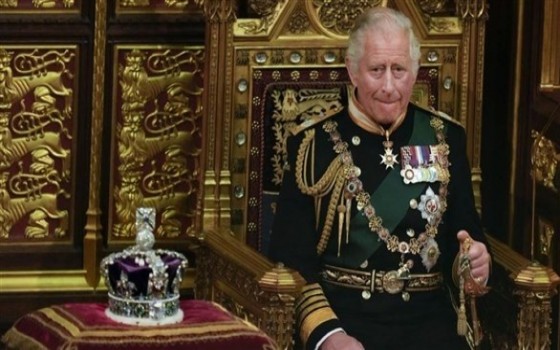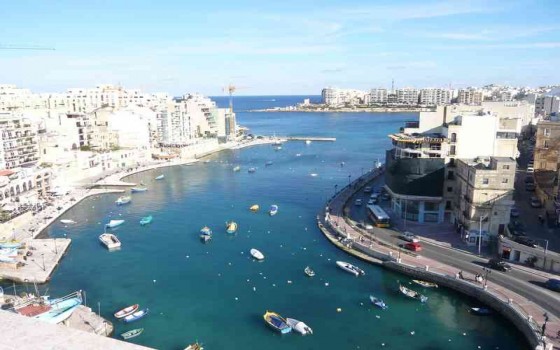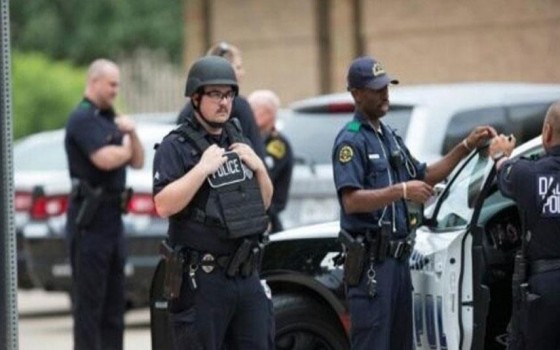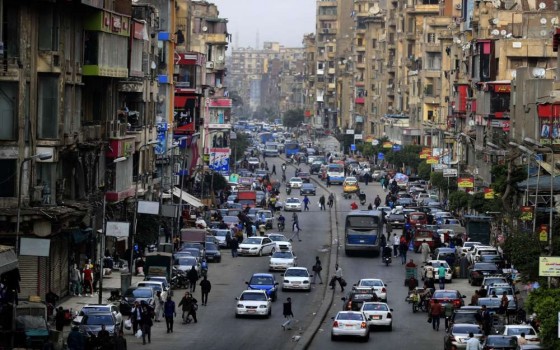
Charles III inherits the throne of Britain and a huge personal fortune from his mother

- Europe and Arabs
- Friday , 9 September 2022 14:10 PM GMT
AFP
After the death of Queen Elizabeth II, Charles inherits the throne as well as his mother's large fortune which he will receive without having to pay the inheritance transfer tax, in a privilege reserved for the royal succession. What does the queen have? Although there is no requirement for Britain's monarchs to disclose their private finances, information published by the Sunday Times reports that Elizabeth II's personal fortune amounted to £370 million in 2022, an increase of £5 million over the previous year. In terms of real estate property, the state owns Buckingham Palace, the royal residence in London, and Windsor Castle, located about thirty kilometers west of the capital... But Balmoral Palace, the royal family's summer resort, and Sandringham Palace, where the royal family traditionally celebrates the end of the year holidays, were owned by The Queen will be passed on to Charles. The Queen also owns a large portfolio of stocks and a collection of royal stamps valued at around £100m, according to the compilers of The Times's 2021 Rich List. The late queen's fortune will be added to Charles' personal fortune, which is estimated at about $100 million (£87 million), according to Celebrity Net Worth. The famous Crown Jewels, valued at around £3 billion, symbolically belong to the Queen and are therefore automatically passed on to her successor. Elizabeth's husband, Prince Philip, left a more modest inheritance of £30 million upon his death in April 2021, according to Celebrity Net Worth. He especially owned a collection of paintings and three thousand works of art, most of which were bequeathed to friends and family. - Duchy of Lancaster - With his accession to the British throne, King Charles III inherits the Duchy of Lancaster, which has been owned by the royal family since the Middle Ages and which during the tax year ended last March generated £24m of private income earmarked for the British monarch. "The Lancaster money belongs to the monarch, the king or queen, by virtue of his position," says David McClure, author of a book on royal finance. On the other hand, Charles loses the Duchy of Cornwall, which goes to the king's eldest son and generates around £21m a year. McClure explains that this duchy "belongs directly to (Prince) William". Charles also benefits from an annual grant called the "Sovereign Grant" from the Public Treasury, fixed at 15% of the proceeds of the inheritance of the Crown, and includes mainly real estate and also a large wind farm, and the proceeds of which have been poured into the Public Treasury since an Act of 1760. This amounted to £86.3 million for the period 2021-2022, including the large sum of money set aside for the ten-year renovation of Buckingham Palace (£34.5 million for 2021-2022). The Sovereign Grant makes it possible to finance expenditures related to official activities to represent the King or members of his family, in particular the salaries of staff, maintenance and cleaning of palaces, official trips as well as receptions. - Royal succession - Most of the Queen's wealth is transferred to Charles without inheritance tax, thanks to an exemption dating back to 1993 with the aim of preventing the royal inheritance from squandering in the event of the death of more than one king in a short time, after the transfer tax was 40% for each inheritance. The Treasury further explains that "private assets such as Sandringham and Balmoral have both official and private uses," adding that the monarchy must also have "a degree of financial independence from the existing government." But this advantage is limited to transfers between the British monarch and his successor. David McClure asserts that "it is possible that the Queen left a will and that small sums" would go to family members, "but not the bulk of the wealth", which would go to Charles












No Comments Found